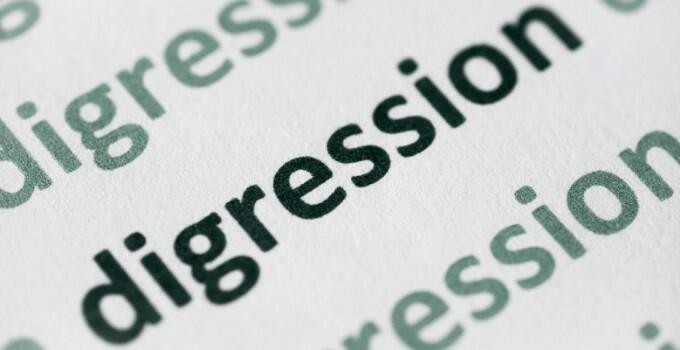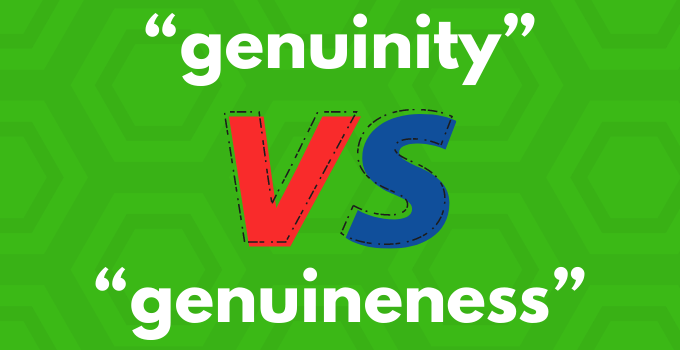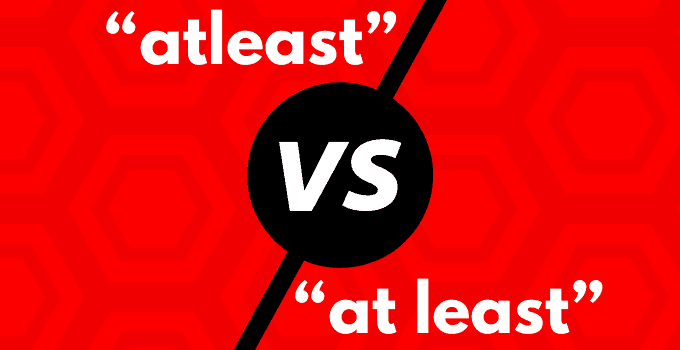Massage is a form of pain relief that has been around for thousands of years. Put simply, in a massage the idea is to manipulate muscles and other body tissues on a patient to relieve pain and increase flexibility. Many are familiar with the practice, even if they haven’t given one before, but one thing …
English
It’s funny how slang becomes official over time, but I guess that’s part of the evolution of language. For instance, the expression “what’s up?” was practically unheard of in the early nineteenth century. After that, it came into existence some time in the middle of the 1800s. However, it wasn’t until the 1990’s that its …
Of all the punctuation marks that we writers have to wield, the comma may be the hardest to master. Why, I hear you wonder, are commas so unwieldy? After all, aren’t there plenty of grammar books and style guides telling you how and when to use these little creatures? Yes, there are several style guides …
There are some terms and expressions in English that have become so ingrained in our vernacular that we rarely give them a second thought. For instance, telling someone to “break a leg” sounds like a horrible curse, similar to telling someone to “go jump off a bridge”? Yet, most English speakers know that telling someone …
For many writers, especially those still starting out, the rules governing grammar and punctuation may seem esoteric and strange. Also, if you’ve ever had the displeasure of coming across a stickler for the rules, you are always left with the impression that those who don’t follow grammar rules to the letter might as well not …
Commas can be confusing for many. The rules aren’t always clear, and a lot of the times putting a comma becomes a matter of judgment. It becomes a matter of whether a comma will enhance the meaning or improve the legibility of the text. However, even when there are clear cut rules, these can be …
Using commas with words is quite a pain in the neck. We think we know what to do, yet at times we don’t. This very dilemma happens to be true with the word “sometimes,” an adverb of frequency that also means “occasionally.” This article, however, would like to focus only on when to use a …
Let’s have a look at the word “genuine.” If we wanted to turn it into a noun, should we use the suffix “-ness,” giving us “genuineness,” or should we use the suffix “-ity” to produce the word “genuinity”? Well, let’s find out! Is it “genuinity” or “genuineness”? The correct answer is “genuineness.” That’s the …
Here is a nugget of valuable, albeit blunt, advice: don”t believe people who claim grammar isn’t important — because the opposite is true. Poor diction and writing mechanics can rob you of job opportunities and even limit your social circles. Because despite the best of intentions, we humans harbor heaps of unconscious judgment about how …









